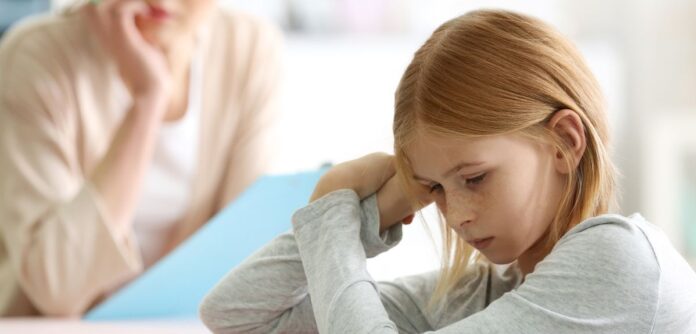New research by the charity YoungMinds shows that many young people with mental health problems have struggled to cope during the winter lockdown, and fear that the pandemic will have a long-term negative impact on their lives.
The charity carried out a survey with 2,438 young people aged 13-25 who have a history of mental health needs during the third period of national lockdown, when schools, colleges and universities were closed to most students. The research shows that many are struggling with isolation, a loss of faith in their prospects for the future and heavy academic pressure for those who are learning from home.
The results revealed that three quarters of respondents agreed that they have found the current lockdown harder to cope with than the previous ones including 44% who said it said it was much harder. (14% said it was easier, 11% said it was the same) and that nearly seven out of ten believed that the pandemic will have a long-term negative effect on their mental health.
This includes young people who had been bereaved or undergone traumatic experiences during the pandemic, who were concerned about whether friendships would recover, or who were worried about the loss of education or their prospects of finding work. (19% neither agreed nor disagreed, 14% disagreed)
Eight of out ten agreed that their mental health would start to improve when most restrictions were lifted, but some expressed caution about restrictions being lifted too quickly and the prospect of future lockdowns.
When asked what the main pressures were during the current lockdown, respondents mostly spoke of loneliness and isolation, concerns about school, college or university work and a breakdown in routine. Many young people also expressed fears about the future, and although some were optimistic about the vaccine rollout, others were concerned that easing restrictions too soon could lead to further restrictions in the future.
Almost a quarter said that they had looked for support but not accessed it – often because of challenges accessing support remotely rather than face-to-face, particularly if they were concerned about privacy at home. Others had experienced long waiting times, or fallen in the gaps between different services.
Among respondents who were at school or college, almost half did not think that their school was focusing more on wellbeing and mental health than usual, while just over half said that there was a counsellor or mental health support team available in their school.
Emma Thomas, Chief Executive of YoungMinds, said:
“Our latest research reveals there is much work to be done to ensure we do not fail young people in the coming months, particularly those who have struggled and continue to struggle with their mental health.
“The pandemic has had a devastating impact on many of the young people we heard from – some told us that they are deeply anxious, have started self-harming again, are having panic attacks, or are losing motivation and hope for the future. We know that some young people will be dealing with multiple pressures, especially those who have been bereaved or experienced other trauma during this time.
“While the easing of restrictions gives young people grounds for optimism, the risk is the pandemic is likely to have a profound long term effect – including on their education and their ability to find work. Young people who are already experiencing inequalities are likely to continue to be disproportionately affected.
“Our research highlights significant barriers to getting mental health support. Professionals in the NHS, schools and charities deserve enormous credit for the work they have done to improve and adapt services, but it is clear that many young people are going without the help they need.
“In some cases this is because of young people not wanting to be a ‘burden’ on services during the pandemic, while others have struggled to receive support online because of concerns about privacy at home. Despite some improvements in recent years, young people often face an agonising wait for support in a system that is struggling to keep pace with rising need.
“The impact of the pandemic on young people’s mental health means there is absolutely no room for complacency. We need an urgent response from the Government, including school catch-up plans that prioritise mental health and significant additional funding for mental health in schools both now and in the long-term. We also need the Government to use this opportunity to develop a new young people’s mental health strategy that makes prevention and early intervention a priority.”







